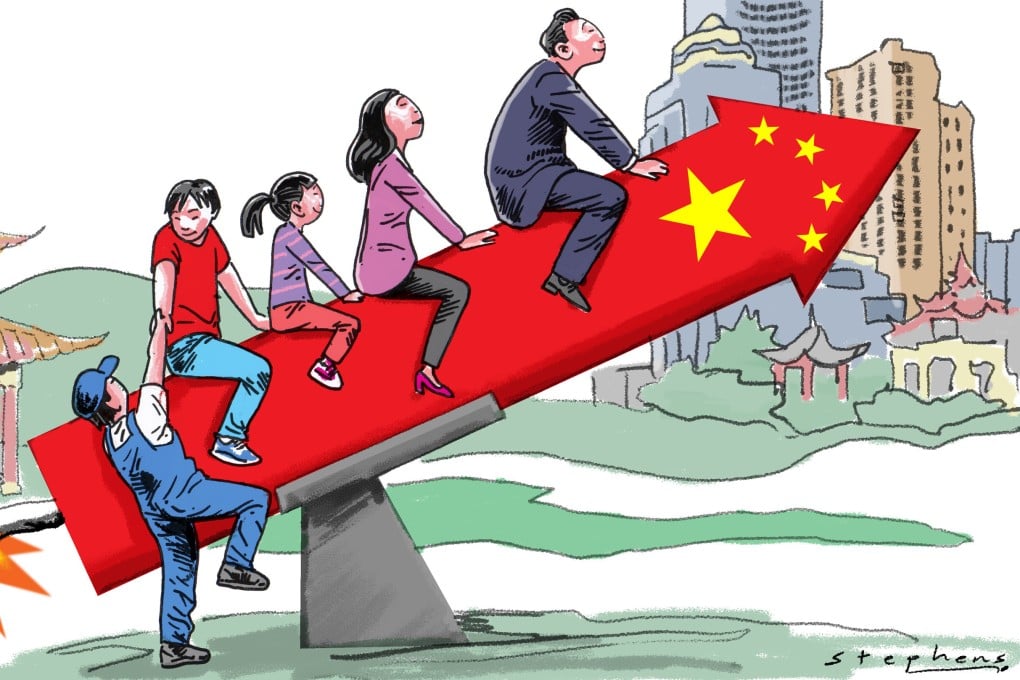Opinion | China’s push for common prosperity has been misunderstood by the rest of world
- Foreign commentators who say Beijing’s focus on common prosperity marks a policy shift are wrong
- Many have taken Deng Xiaoping’s theory of ‘get rich first’ out of context, thereby cutting the historical link of Xi Jinping’s policy with that of his predecessors

China is an enigma to many foreigner observers who fail to understand its unique history, culture and political system. As a result, it is all too easy for them to make false judgments about the country’s policy direction.
Many overseas critics see China from an outdated perspective, leading them to oversimplify the concept and crudely define it as telling the rich to share their wealth with the rest of the country.
In the 1950s, the Communist Party nationalised private enterprises and assets in order to build a socialist country.
The historical echo from those times may have contributed to the misunderstanding of China’s common prosperity push, even though in the reform era since 1978, non-state-owned sectors have been encouraged and have played a big role in China’s growth.
